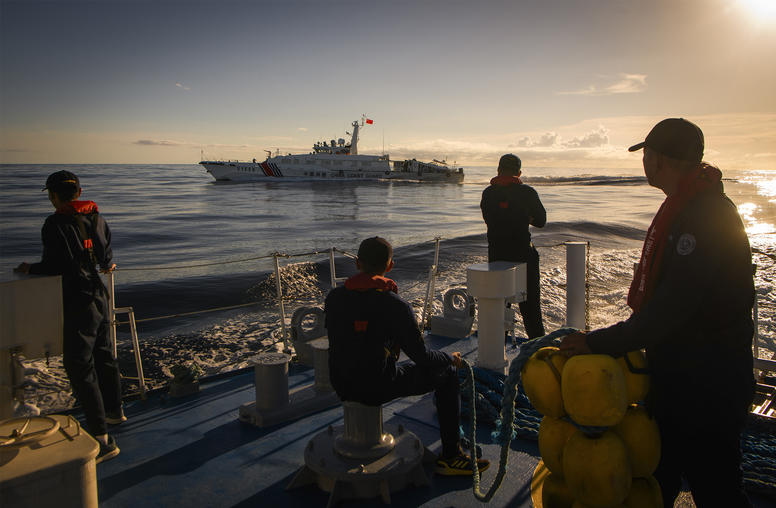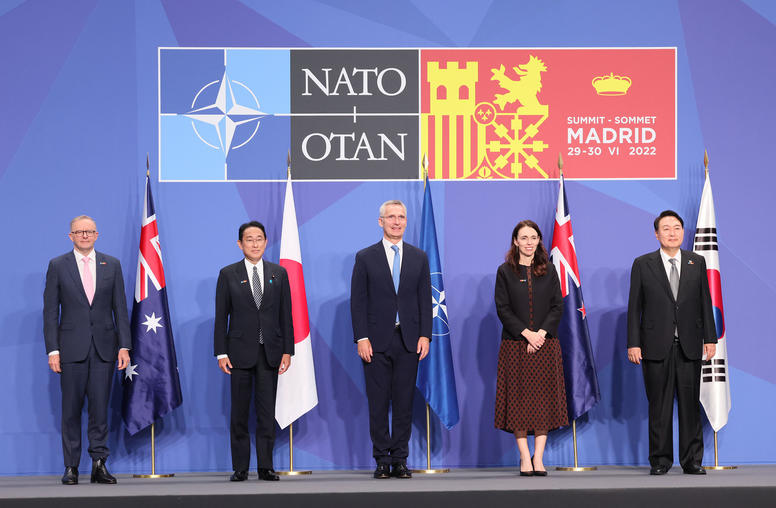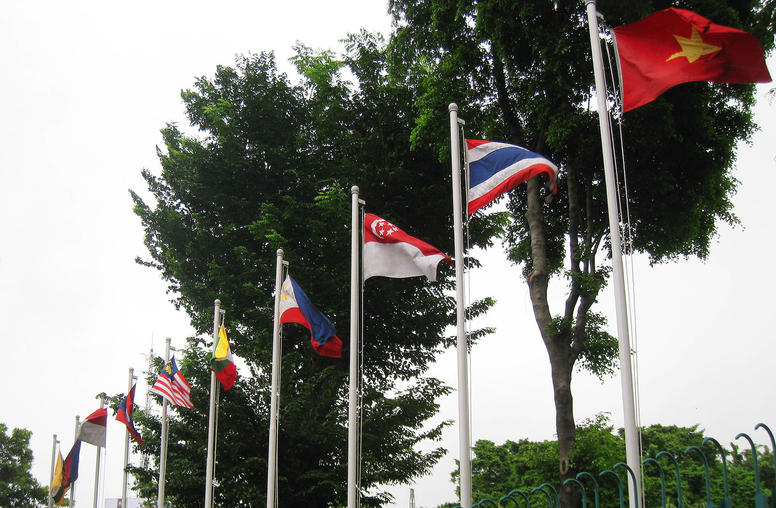 China
China
Against the backdrop of a shifting international order and the resurgence of strategic competition among powerful states, USIP’s work on China has two primary objectives: averting crisis or conflict between the United States and China and mitigating the potential for violence in countries and regions where China is extending its influence.
Learn more in USIP’s fact sheet on The Current Situation in China.
Featured Publications

China's Vision for Global Security: Implications for Southeast Asia
China’s Global Security Initiative (GSI) marks a new phase in Beijing’s ongoing push to change the international security order. Through the GSI, China seeks to establish itself as a counterbalance to U.S. influence and to reshape security management in a number of strategically important regions. The GSI is still in the early stages of implementation, but it has already demonstrated the potential to disrupt the existing security framework in Southeast Asia. This may lead to increased polarization within the Association of Southeast Asian Nations (ASEAN), with some member states aligning with the GSI and others remaining cautious due to their stronger affiliations with the United States.

China Forces Myanmar Scam Syndicates to Move to Thai Border
While Myanmar has long been the chief venue for the criminal operations of Chinese-origin gangs in Southeast Asia, these organizations have always stood ready to move — internally or across borders — if their sources of protection dissolved. In recent months, the organized crime kingpins have once again faced a fraying safety net. This time, the cause is the weakening of Myanmar’s corrupt coup regime in the face of a rising, multi-front revolution and, perhaps more importantly, an aggressive push by China’s law enforcement authorities.

Huawei’s Expansion in Latin America and the Caribbean: Views from the Region
Since its founding in Shenzhen, China, in 1987, Huawei has grown into one of the world’s major information and communications technology companies, but its ties to China’s government and military have been regarded by US officials as a potential risk to national security. Latin American and Caribbean countries, however, have embraced the company for the economic and technological benefits it provides. This report explains the stark contrast between Huawei’s standing in the United States and its neighbors to the south.
Current Projects

Tracking China’s Global Security Initiative
China’s ongoing push to change the international security order entered a new phase with the launch of the Global Security Initiative (GSI) in April 2022. The GSI promotes a set of distinct security concepts and principles — many of which reflect Beijing’s longstanding international normative preferences, such an emphasis on territorial sovereignty and noninterference. USIP is tracking how the GSI is being operationalized by China, with an initial focus on essay series examining China’s GSI activities in ASEAN and Central Asia.

NATO and Indo-Pacific Partners: Understanding Views and Interests
To increase understanding of these changes and their impacts, USIP convened an expert study group consisting of experts from NATO countries and from NATO’s formal partner countries in the Indo-Pacific: Australia, Japan, South Korea and New Zealand, which are informally known as the Indo-Pacific Four (or IP4).

Southeast Asia in a World of Strategic Competition: An Essay Series
Great power rivalry between the United States and China is frequently described in bilateral terms, with regions of the world — including Southeast Asia — merely serving as arenas of competition. But this framing ignores the agency of third countries in managing the risks and opportunities presented by this competition. To explore these countries’ agency and the corresponding policy options, this USIP essays series includes contributions from 10 Southeast Asia-based experts. Each essay provides one country’s perspective on how the members of the Association of Southeast Asian Nations (ASEAN) perceive and respond to strategic competition between the United States and China.